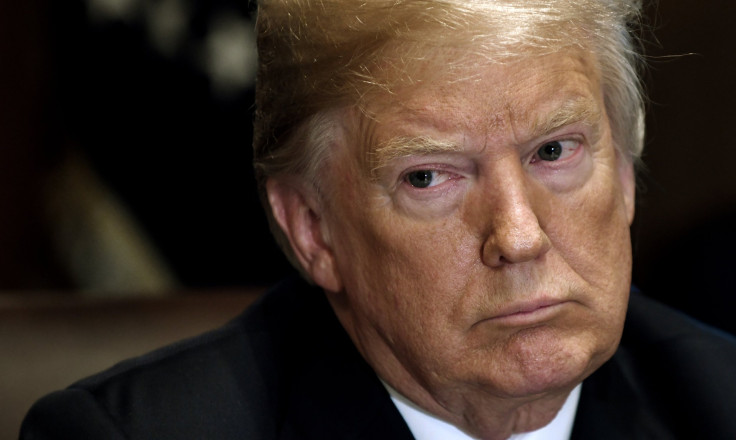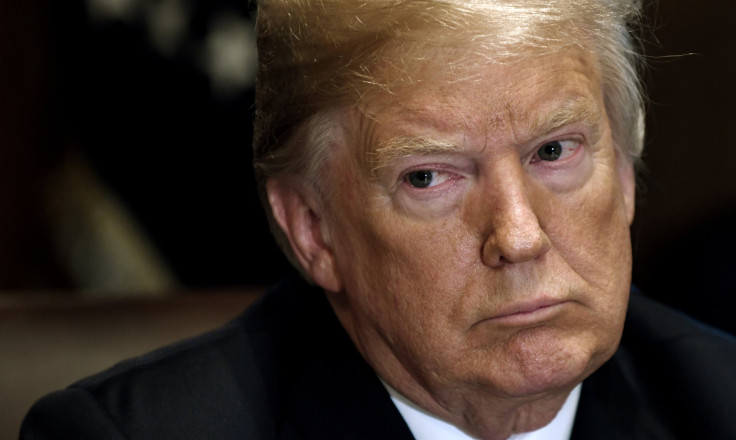Trump's Trade War: Experts Explain What Exactly Is At Stake

As the U.S. government continues to impose and exchange counter-tariffs with China, experts say this trade battle will likely have negative consequences on consumers and the global economy.
In recent months, the Trump administration has imposed tariffs of $34 billion on Chinese exports, including machinery and electronics. More duties were scheduled on $16 billion of China's electronics and other items for Aug. 20.
The U.S. government announced on July 10 that it would impose 10 percent tariffs on a further $200 billion in Chinese imports, such as mattresses and other consumer products, according to the Wall Street Jornal. China then responded by imposing $34 billion in duties on imports of America-made products.
These tariffs could soon spell disaster for the global economy, which may not end until both sides agree, according to experts.
Tony Fratto, a partner at Hamilton Place Strategies, told CNBC on July 2 that he thinks the trade war will worsen before it ever improves. "I don't see a quick out to some of the positions we've put ourselves in," he added.
Those effects, however, could be seen over a more extended period. "It’s like the slow boil of a whole lot of sectors of the economy," Fratto said.
"We should be pushing the rest of the world to do better on trade and liberalize trade. Instead, were forcing the hand of other countries to turn more towards protectionism."
Scott Kennedy, director of the project on Chinese business and political economy at the Center for Strategic and International Studies in Washington, D.C., told Vox that he thinks there is a way to end the trade dispute. However, it may not be anytime soon.
"We’re not going to get to that exit for quite some time, until both sides feel enough economic and political pain that they decide it’s in their interest that there’s a solution to this," he said. "Currently, both sides think that moving forward with trade hostility is a better choice for them than negotiating."
When asked in March by Bloomberg if the U.S. can win a trade war against China, Nobel Prize-winning economist and New York Times columnist Paul Krugman responded that "it's very hard to have winners in trade wars," and that it would be "very destructive for U.S. manufacturing."
In a May 31 column, Krugman argued that modern trade is "a matter of complex value chains, which the Trump trade war will disrupt. This will produce a lot of American losers, even if they aren’t directly employed producing exported goods."

© Copyright IBTimes 2025. All rights reserved.




















